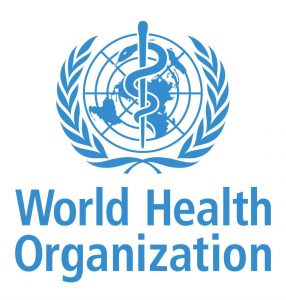International Classification Of Diseases:

World Health Organization’s International Classification of Diseases (ICD) 11 TM Module 2, Morbidity Codes launch event will be held in New Delhi on 10th January, 2024.
- International Classification of Diseases is developed by the World Health Organization (WHO) to classify diseases internationally.
- The global data on diseases currently available is mainly based on healthcare practices to be diagnosed through modern biomedicine.
- It serves a broad range of uses globally and provides critical knowledge on the extent, causes and consequences of human disease and death worldwide via data that is reported and coded with the ICD.
- Clinical terms coded with ICD are the main basis for health recording and statistics on disease in primary, secondary and tertiary care, as well as on cause of death certificates.
- These data and statistics support payment systems, service planning, and administration of quality and safety, and health services research.
- Diagnostic guidance linked to categories of ICD also standardised data collection and enables large scale research.
- The classification of data and terminology relating to diseases based on Ayush systems such as Ayurveda, Siddha, Unani etc. is not yet included in the WHO ICD series.
- Central Bureau of Health Intelligence (CBHI) is an agency under the Ministry of Health and Family Welfare that serves as the WHO Collaboration Centre for ICD-related activities.
- It facilitates the collection and dissemination of data on various diseases and mortality.




